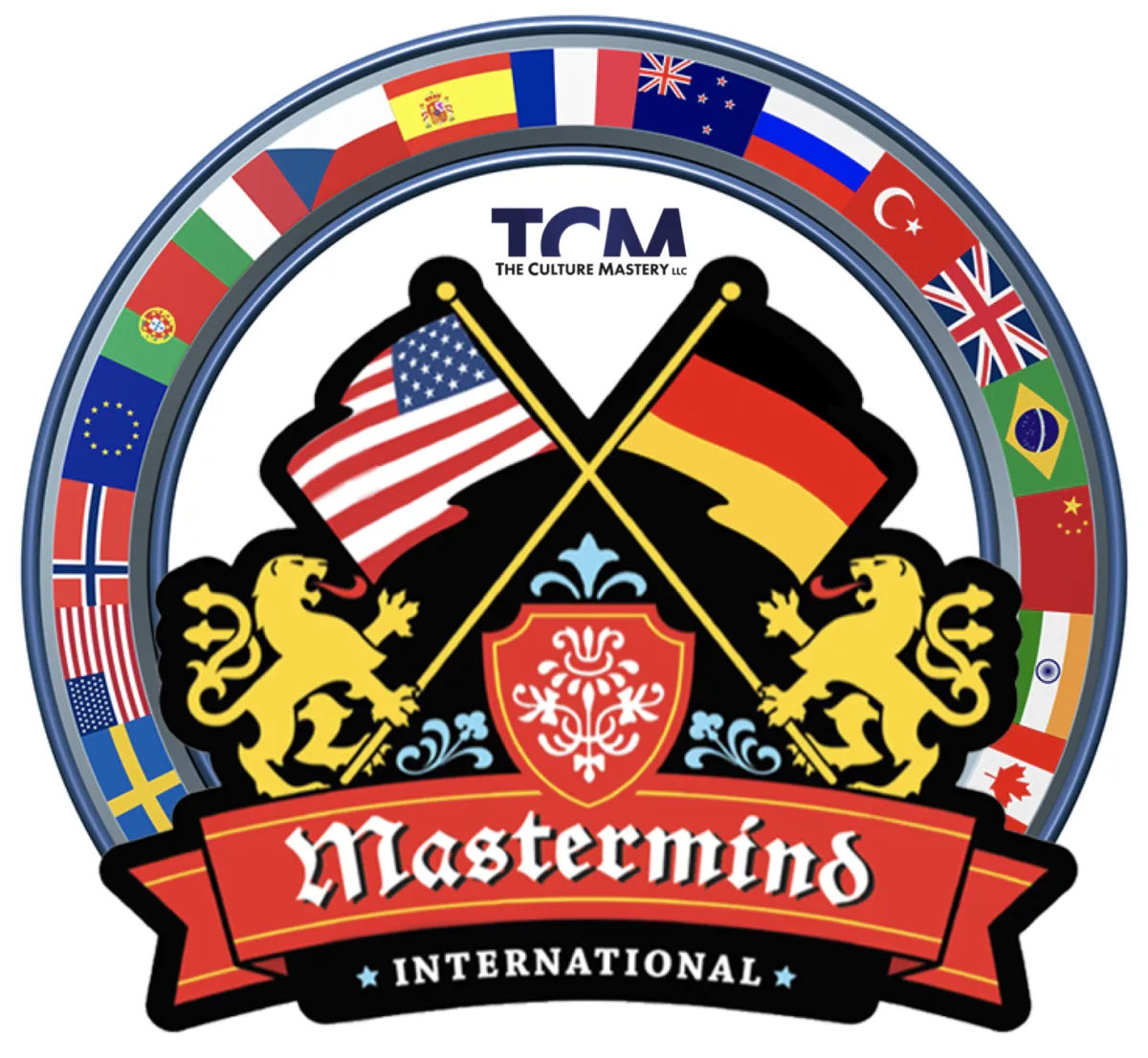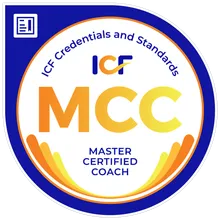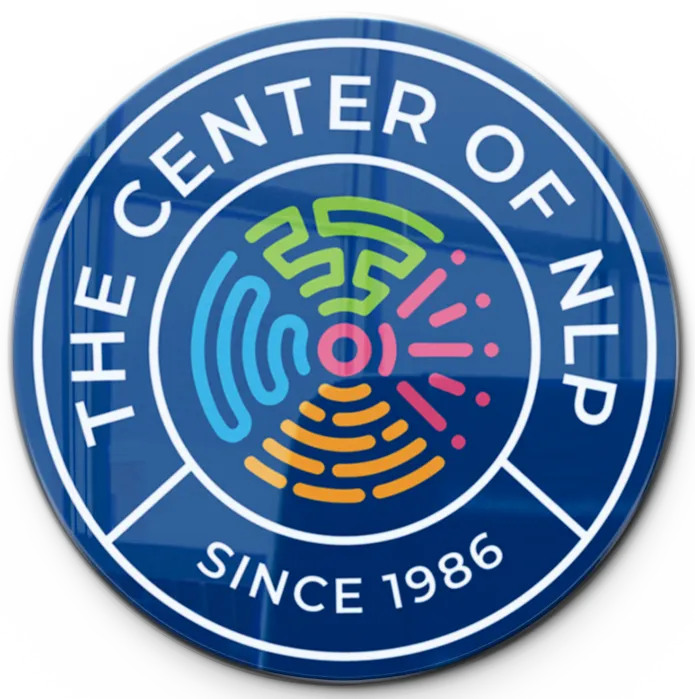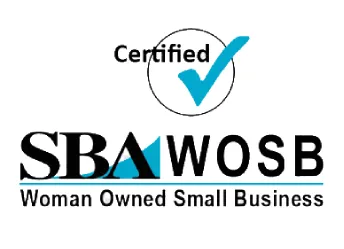
Want Effective Leadership Skills? Start by Controlling the Conversation with Better Questions
What if I told you that the person who asks the questions, not the one with all the answers, is the one who leads the room? Yes. That’s the real secret behind effective leadership skills.
Leadership isn’t about barking orders, showing off achievements, or holding the highest title. It’s about influence. And the fastest way to influence people? Ask quality questions that shift the direction of their thoughts.
Let’s dive into how mastering the art of asking powerful questions instantly positions you as a transformational leader, and how you can develop leadership qualities that create massive impact in the lives of those you lead.
Want to embody the characteristics of a leader people respect? Start making intentional choices that drive growth.
The Mindset Shift: Leadership Is a Conversation, Not a Command
You’ve probably heard the phrase: “Leaders speak, followers listen.”
But let’s challenge that right now.
True leaders listen deeper than they speak. They ask before they direct. And they know that in every conversation, there’s a subtle power dynamic. The person asking the questions is the one steering the ship.
Think about it: In a coaching session, a courtroom, a boardroom, who controls the energy? The one who asks.
They frame the conversation.
They guide outcomes.
They unlock solutions without dictating them.
If you want to sharpen your effective leadership skills, start by rethinking your role in conversations. Lead by curiosity. Influence by inviting. And shift people through intentional dialogue.
Why Questions Are the Hidden Weapon of Great Leaders
There’s one skill that separates average managers from truly transformational leaders: They ask quality questions that spark self-discovery, ownership, and action.
Let’s break down why this works:
1. Questions Disarm Resistance
People resist commands. But they rarely resist a question, especially one that makes them think.
It shifts the brain from defensiveness to curiosity. This is essential if you're aiming to embody transformational leadership qualities.
2. Questions Activate Ownership
Instead og your team what to do, ask:
“What solution do you think would work best?”
“How do you want to approach this challenge?”
The moment someone answers, they take ownership. And that’s where accountability is born.f tellin
3. Questions Build Trust and Engagement
Leaders who ask questions communicate one powerful message:
“I value your input.”
This boosts morale, deepens connection, and increases buy-in, the trifecta of long-term team success.
When people feel heard, they contribute more openly. They innovate. They take initiative. These are all marks of high-functioning leadership environments, driven not by control, but by conversation.
5 Types of Questions Every Leader Must Master
conversations like a pro? Here are five game-changing question types that instantly boost your leadership qualities:
Ready to lead
1. Vision Questions
“What would success look like six months from now?”
Vision questions expand thinking, create clarity, and energize teams toward a shared mission. They are especially important in setting direction and keeping everyone aligned.
2. Ownership Questions
“What part of this project are you most committed to owning?”
These questions transfer responsibility and fuel intrinsic motivation. Ownership builds pride and fosters long-term growth.
3. Challenge Questions
“What’s the belief holding you back right now?”
This aligns directly with transformational leadership qualities. Great leaders challenge limiting mindsets and gently expose blind spots so people can grow beyond them.
4. Reflection Questions
“What worked well, and what would you change next time?”
Reflection questions build emotional intelligence and self-awareness, both characteristics of a leader. They allow individuals and teams to learn from experience and evolve more quickly.
5. Action Questions
“What’s one thing you can do today to move this forward?”
Always lead conversations toward action. Transformation doesn’t happen without movement. Momentum matters.
Cultivate the qualities of a good leader and see your team thrive. Take the first step to inspire meaningful change.
Are You Speaking Too Much?
If you’re doing all the talking in meetings, coaching sessions, or client calls, you’re probably not leading effectively.
Because true leadership isn’t about having the loudest voice. It’s about asking the right question at the right time, then holding space for real answers.
Try This Leadership Reset:
At your next meeting, talk 30% less
Ask one powerful question that invites deep thought
Let your team respond, without jumping in to “fix” or “guide” too soon
Most leaders fear silence, but that silence is where insights arise. It gives others the space to reflect, process, and contribute meaningfully.
When leaders become better listeners and intentional questioners, they create environments where people feel psychologically safe, and safety is a major driver of creativity, performance, and loyalty.
The Core Characteristics of a Leader (And How Questions Activate Them)
Let’s look at how asking powerful questions ties directly to the core qualities of a good leader:
Leadership Quality
How Asking Questions Supports It
Empathy
Shows you care about others’ perspectives
Self-awareness
Prompts reflection in yourself and others
Emotional intelligence
Builds stronger communication through thoughtful inquiry
Vision
Questions like “What do you see possible?” help clarify collective goals
Integrity
Asking and listening build trust, the foundation of honest leadership
These are not optional traits. They are the foundation of every successful organization. Without them, leadership becomes a top-down monologue instead of a collaborative movement.
From Theory to Action: Apply This in Your Leadership Today
It’s one thing to read about effective leadership skills, and another to live them. So here’s a quick challenge:
Your 3-Step Leadership Conversation Formula:
1. Start with Curiosity
Begin your next interaction with a question, not a statement. For example:
“What’s your take on this?”
2. Listen Without Interruption
Hold back your opinion. Let silence do the heavy lifting.
3. Follow Up with Empowerment
Ask: “What support do you need from me to move forward?”
This formula can transform any leadership interaction, whether you're managing a team, coaching a client, or navigating a difficult conversation.
Over time, you’ll notice that people will come to you not for answers, but for clarity. And that’s when you’ll know you’re leading with influence, not just authority.
Build the characteristics of a leader that drive accountability. Transform your team culture starting now.
Bad Questions = Bad Leadership
Not all questions are created equal. If you want to lead powerfully, avoid these weak, disempowering question types:
“Why didn’t you…?” (blame-inducing)
“Can’t you just…?” (oversimplifying)
“What’s wrong with you?” (shaming)
Instead, reframe with questions that spark solutions:
“What do you think got in the way?”
“How can we move past this?”
“What’s one step forward from here?”
Leaders who ask poor questions erode trust. Leaders who ask better questions elevate everyone in the room.
A Personal Note from a Leader Who’s Been There
Let me be real with you.
I didn’t always lead this way. I used to feel like I had to have all the answers. That if I didn’t speak up, I’d lose control. That leadership meant dominating the conversation.
But the moment I shifted from being the “solution machine” to being the “question catalyst”, everything changed.
My team grew stronger. My influence deepened. My stress levels dropped.
And most importantly, I saw people rise into their own leadership.
That’s the ultimate measure of a great leader: You don’t create followers. You create more leaders.
If there’s one decision that changed everything in my leadership journey, it was this: I stopped trying to impress, and I started trying to understand.
And I did that by asking better questions.
Your Leadership Transformation Starts Now
Let’s bring it home.
If you want to master leadership skills, stop chasing perfection.
Stop trying to be the smartest voice in the room.
And start mastering the art of asking better questions.
Because the person with the quality questions controls the conversation — and the one who controls the conversation shapes the outcome.
Start small. Choose one powerful question. Ask it intentionally. Then do the most radical thing a leader can do: pause, listen, and trust the process.
So here’s your final challenge:
What’s one powerful question you’ll ask today that could change someone’s world?
Conclusion
Ready to take your effective leadership skills to the next level?
Download our free guide: “25 Transformational Questions Every Leader Must Ask”
Join our upcoming masterclass: “Leading Through Conversation, The New Era of Influence”
Start implementing these strategies in your next meeting, team session, or coaching call
Leadership is not a title. It’s a choice you make in every conversation. Decide to lead differently. Decide to lead powerfully. Decide to ask better questions, starting now.
Develop the qualities of a good leader to foster success everywhere. Take action today and transform your leadership journey.
FAQs
1. What are effective leadership skills?
Effective leadership skills are abilities that help you influence, inspire, and guide a team toward achieving goals successfully.
2. Why are asking questions important for effective leadership skills?
Asking the right questions encourages self-reflection, ownership, and engagement, which strengthens team collaboration.
3. How can I develop effective leadership skills?
Practice active listening, ask thoughtful questions, empower your team, and reflect on your leadership approach regularly.
4. Can effective leadership skills improve team performance?
Yes, leaders who communicate well and involve their team create trust, motivation, and higher productivity.
5. What common mistakes weaken effective leadership skills?
Talking too much, giving orders instead of guiding, and avoiding questions that encourage input can undermine leadership impact.













